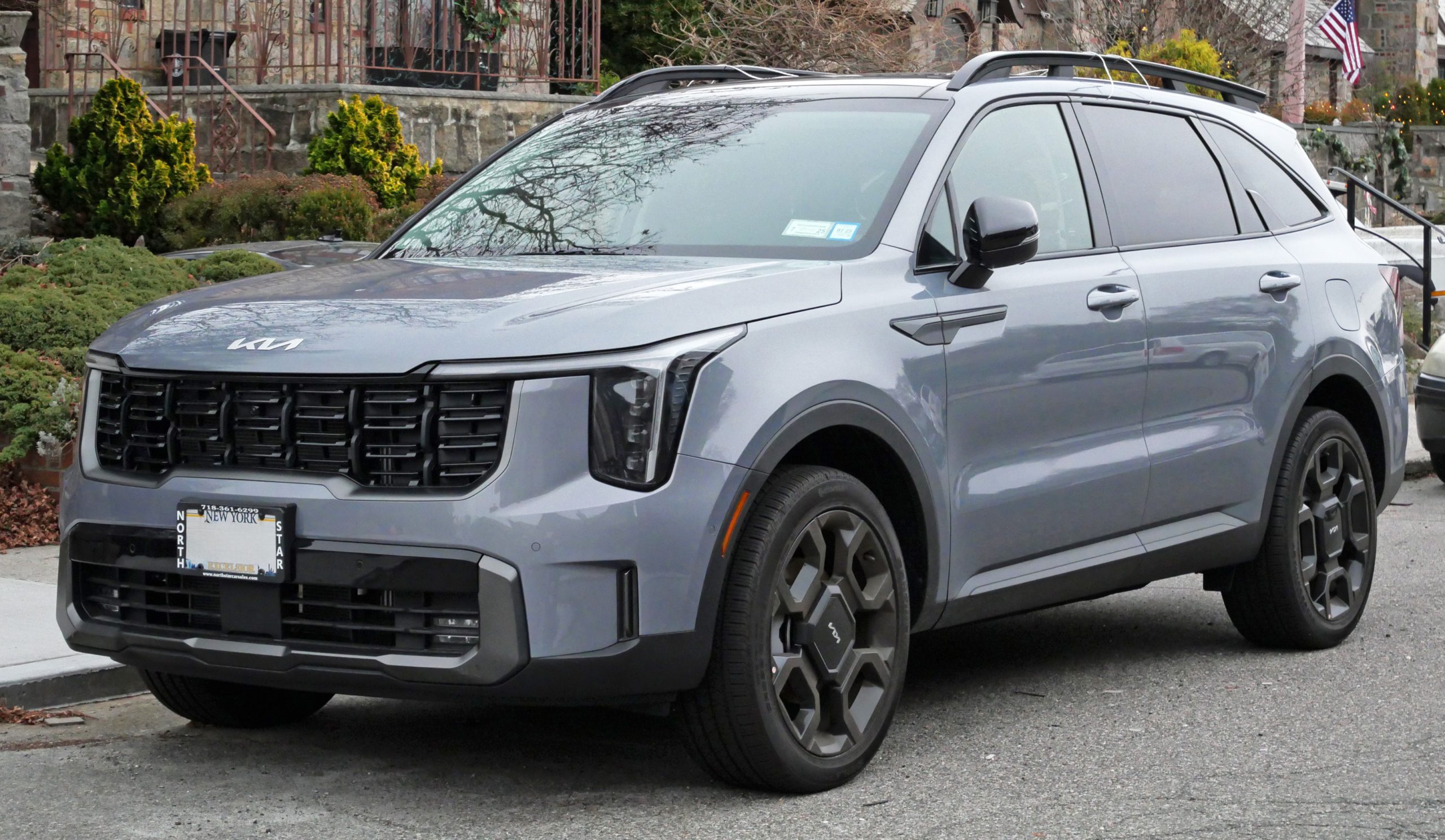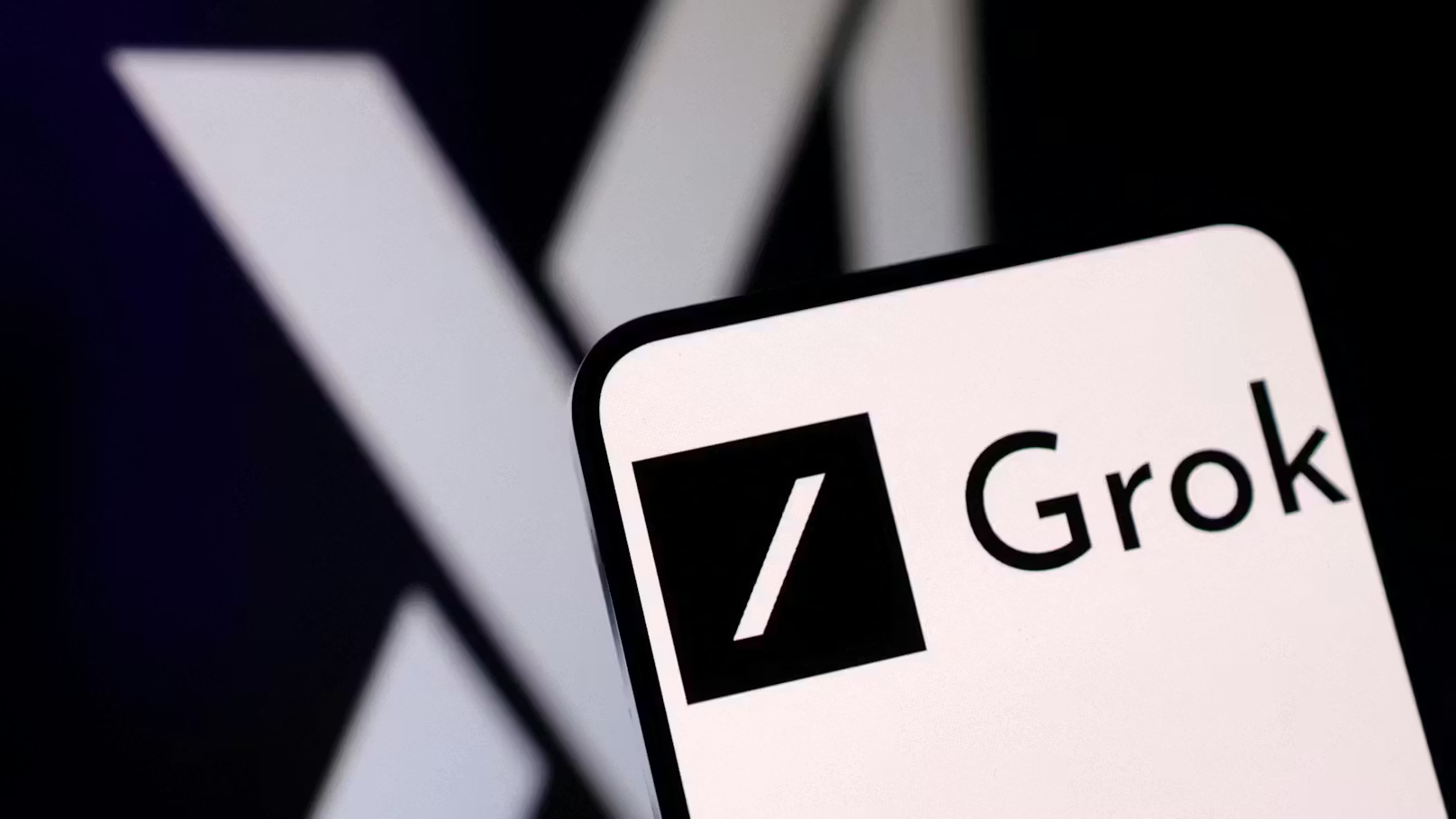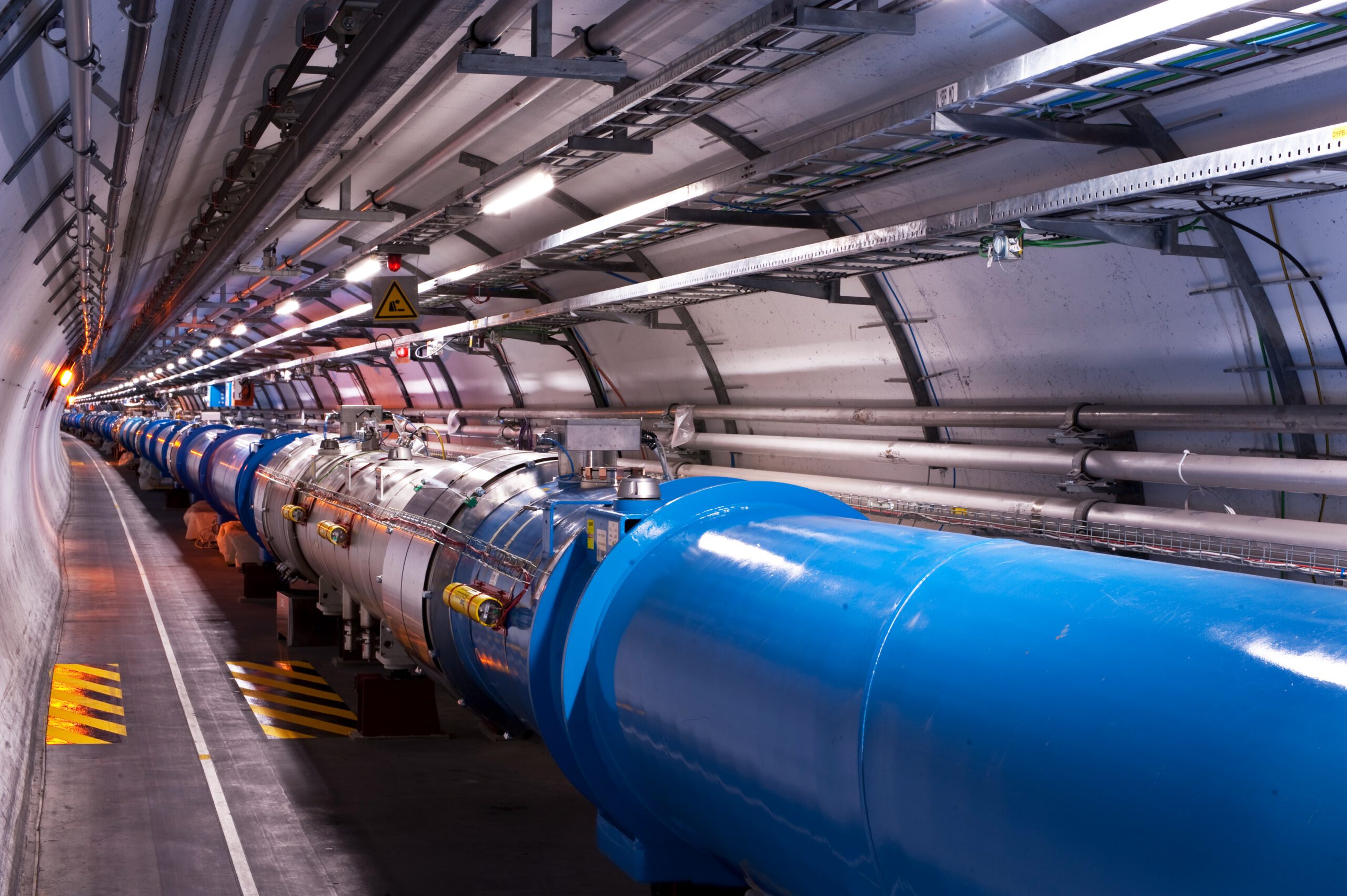Setting your climate control to fan speed three shouldn’t require a fire extinguisher, yet here we are. Kia is recalling 39,536 Sorento SUVs from 2021-2023 because their HVAC systems can overheat and catch fire when you use that specific setting. If you own one of these vehicles, this recall demands your immediate attention.
The Technical Culprit Behind the Flames
This represents a serious manufacturing defect involving substandard supplier components.
The problem traces back to a supplier issue that highlights critical quality control failures. Aptiv provided wiring harnesses with gauge thinner than Kia’s specifications for the blower motor resistor connection. When you set the fan to speed three with the ignition on, this substandard wiring overheats.
The result? Melting components, smoke, and potential vehicle fires. Kia estimates only 1% of recalled vehicles actually contain the defect, but that’s still nearly 400 Sorentos with fire-prone climate systems.
Warning Signs You Can’t Ignore
Burning smells and abnormal HVAC performance signal immediate danger.
Watch for these red flags while operating your HVAC system:
- Burning odors
- Smoke emerging from climate vents
- Abnormal performance when using fan speed three
If you experience any of these symptoms, stop using that fan setting immediately.
Starting October 9, 2025, you can verify your vehicle’s recall status using NHTSA’s Recall Lookup Tool. Kia will replace the faulty blower motor resistor and circuit harness free of charge, switching to components from a new supplier that actually meet specifications.
Part of a Troubling Pattern
Kia and Hyundai’s fire recalls now exceed 4 million vehicles.
This recall continues a concerning trend for both Kia and Hyundai, which have recalled millions of vehicles for fire risks stemming from various faulty components over recent years. The pattern suggests broader supply chain oversight issues that keep putting consumer safety at risk.
While 2024 Sorentos dodge this particular bullet thanks to a different HVAC system, the recurring nature of these fire recalls raises questions about quality control processes across both brands.
Notification letters will arrive starting November 24, 2025, but don’t wait for the mail. Check your recall status online this fall, schedule the free repair as soon as dealers have replacement parts available, and contact Kia customer service directly if you have immediate concerns about your vehicle’s safety.




























